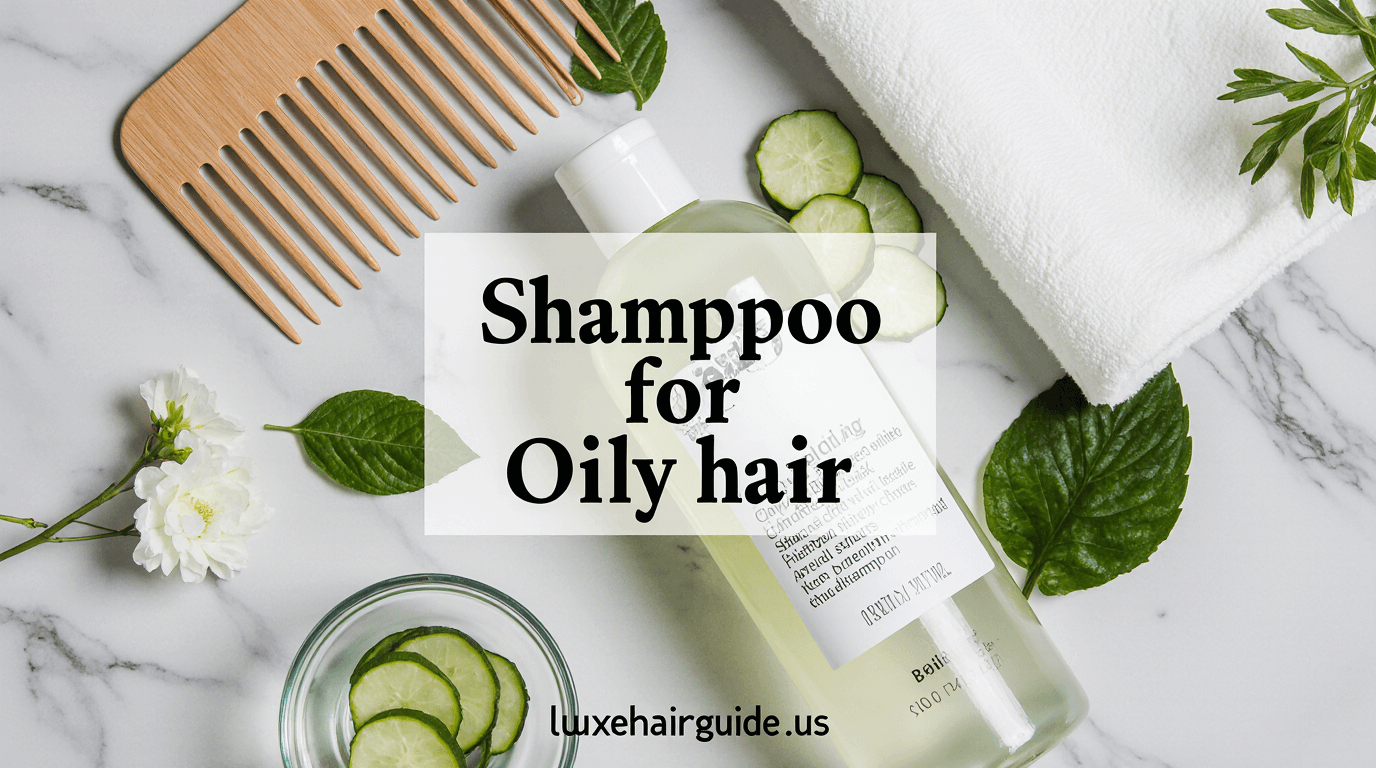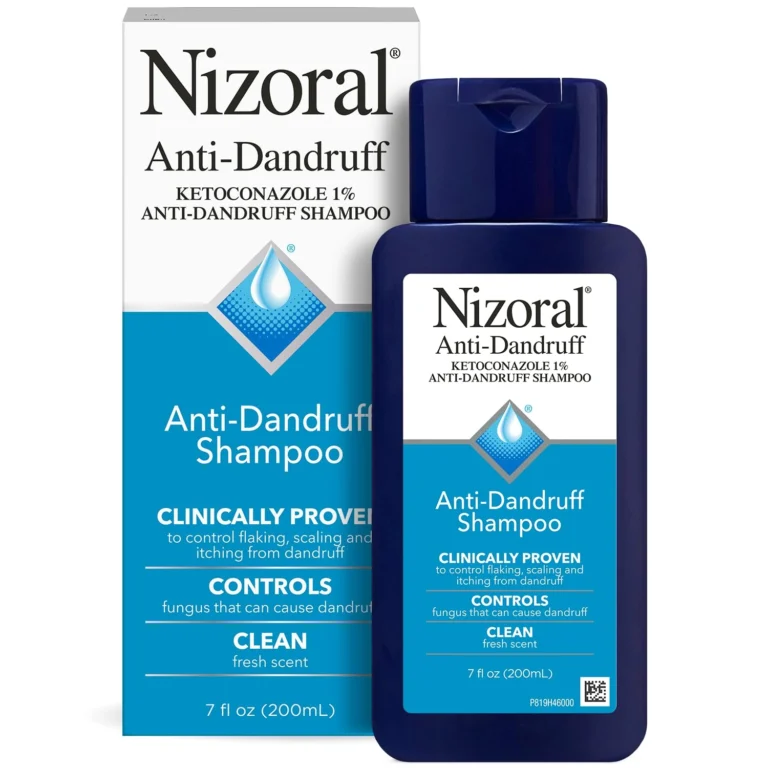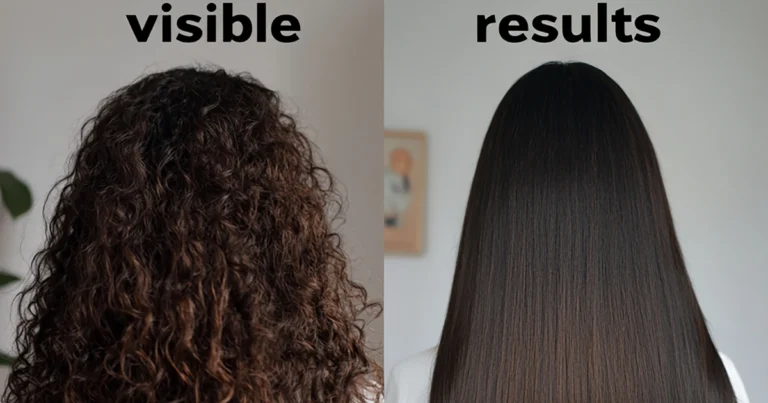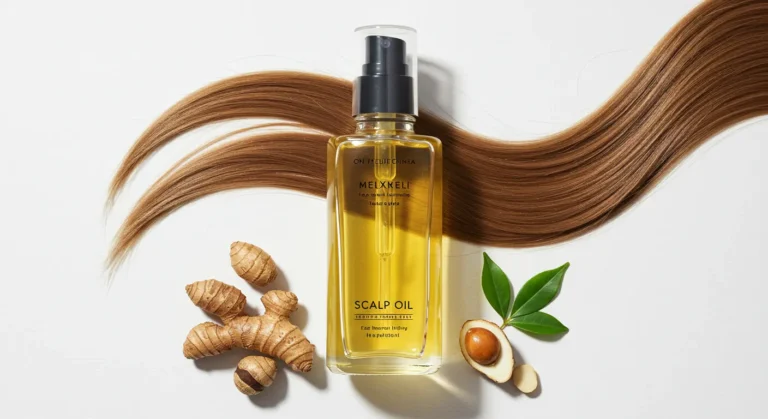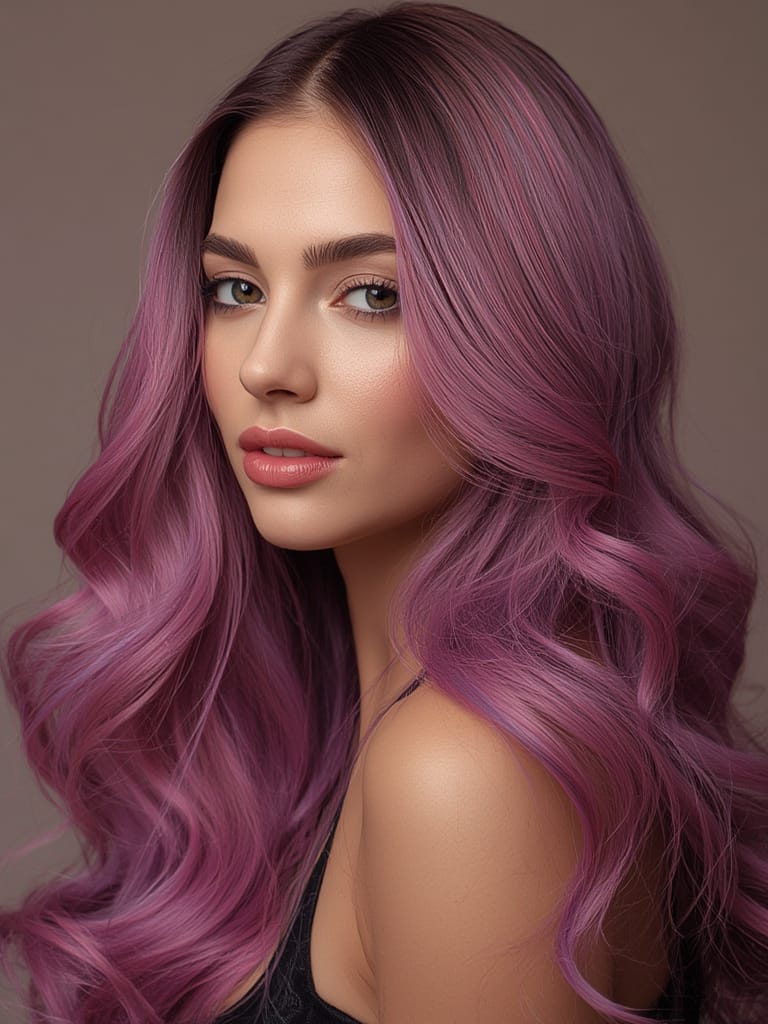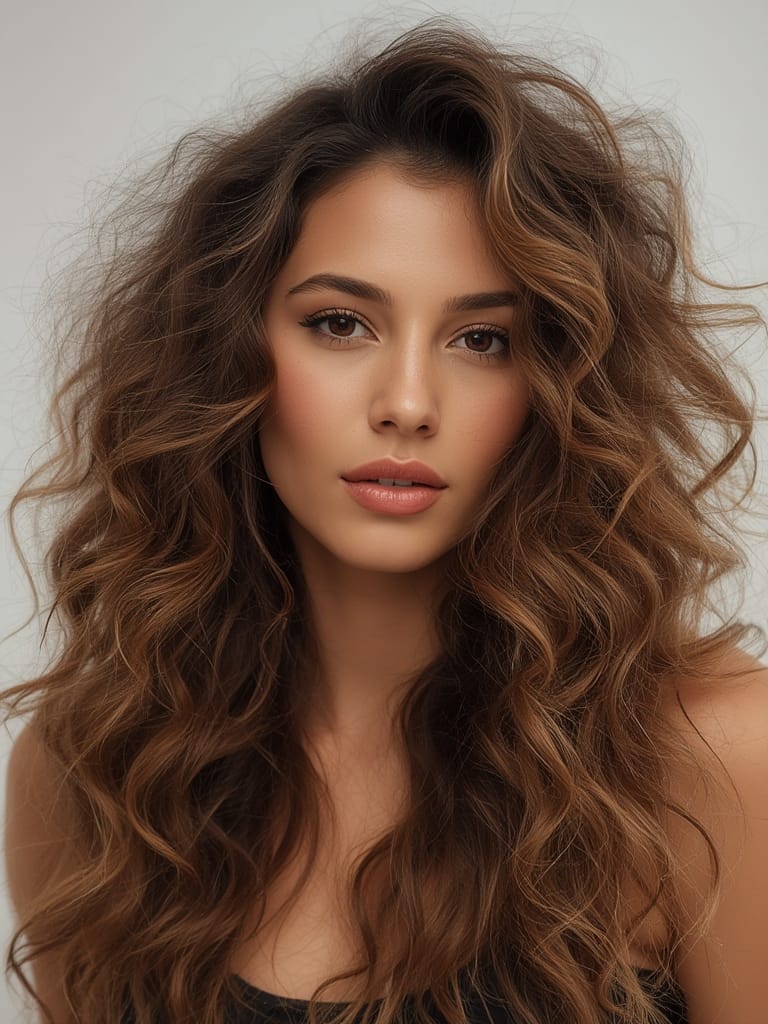Best Shampoo for Oily Hair: Ultimate Guide to Grease-Free, Gorgeous Locks in 2025
Table of Contents
The Ultimate Guide to Finding the Best Shampoo for Oily Hair: Transform Your Greasy Locks into Gorgeous Hair
Dealing with oily hair can feel like an endless battle. You wash your hair in the morning, and by noon, it looks like you haven’t shampooed in days. The constant cycle of washing, only to have your hair look greasy again within hours, is frustrating and exhausting. If you’re tired of feeling self-conscious about your hair’s appearance and ready to break free from this greasy cycle, you’ve come to the right place.
Understanding Your Oily Hair: The Science Behind the Grease
Before diving into solutions, it’s crucial to understand why your hair gets oily in the first place. Your scalp contains sebaceous glands that produce sebum, a natural oil designed to protect and moisturize your hair. However, when these glands go into overdrive due to genetics, hormones, or environmental factors, they create excess oil that weighs down your hair and makes it appear greasy.
Several factors contribute to oily hair production. Hormonal fluctuations, particularly during puberty, pregnancy, or menstrual cycles, can trigger increased oil production. Your diet also plays a significant role – consuming excessive amounts of processed foods, dairy, or high-glycemic foods can stimulate sebum production. Additionally, overwashing your hair can paradoxically make it greasier, as stripping away natural oils signals your scalp to produce even more sebum to compensate.
Understanding your hair’s unique needs is essential because not all oily hair is the same. Some people have oily roots with dry ends, while others experience uniform oiliness throughout their hair shaft. This knowledge will guide you toward the most effective shampoo choice for your specific situation.
The 5 Essential Features of the Best Shampoo for Oily Hair
1. Gentle Yet Effective Cleansing Power
The best shampoo for oily hair strikes a delicate balance between thorough cleansing and gentle care. Look for formulations that contain mild surfactants like sodium lauryl sulfoacetate or coco-betaine instead of harsh sulfates. These ingredients effectively remove excess oil and buildup without completely stripping your scalp’s natural protective barrier.
2. Scalp-Balancing Ingredients
Premium oily hair shampoos incorporate ingredients that regulate sebum production rather than simply removing oil. Salicylic acid gently exfoliates the scalp, preventing clogged pores that can worsen oiliness. Tea tree oil provides antimicrobial properties while helping control excess sebum. Zinc pyrithione not only addresses dandruff concerns but also helps regulate oil production at the cellular level.
3. Lightweight Hydration Technology
Contrary to popular belief, oily hair still needs moisture – just not the heavy, coating kind. The best shampoos for oily hair use lightweight moisturizing agents like hyaluronic acid or glycerin that provide necessary hydration without adding weight or greasiness to your strands.
4. Clarifying Components
Effective oily hair shampoos include clarifying ingredients that remove product buildup, environmental pollutants, and excess styling products. Apple cider vinegar, activated charcoal, or clay-based ingredients can provide this deep-cleaning action while maintaining hair health.
5. pH-Balanced Formulation
Your scalp’s natural pH ranges from 4.5 to 5.5, and the best shampoos for oily hair maintain this slightly acidic environment. This pH balance helps regulate oil production, maintains the scalp’s protective acid mantle, and ensures optimal hair cuticle health.
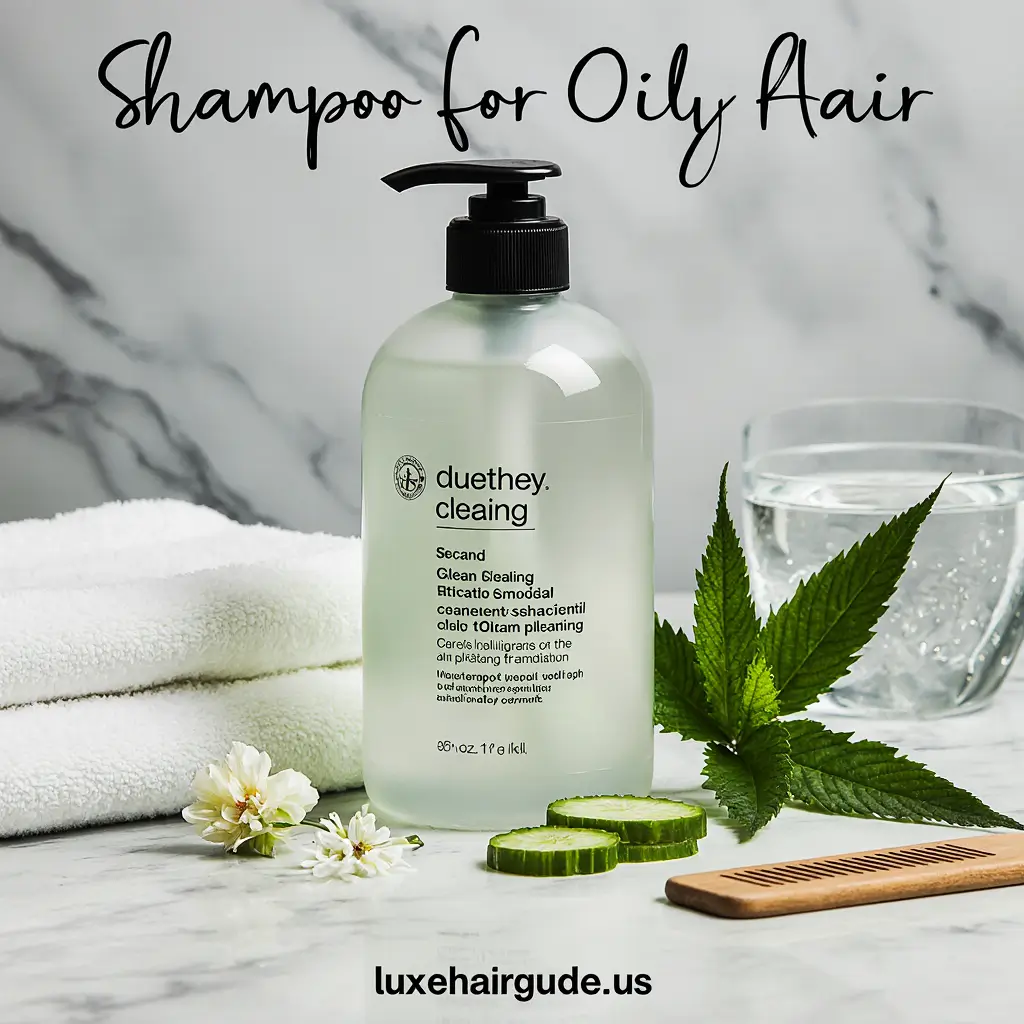
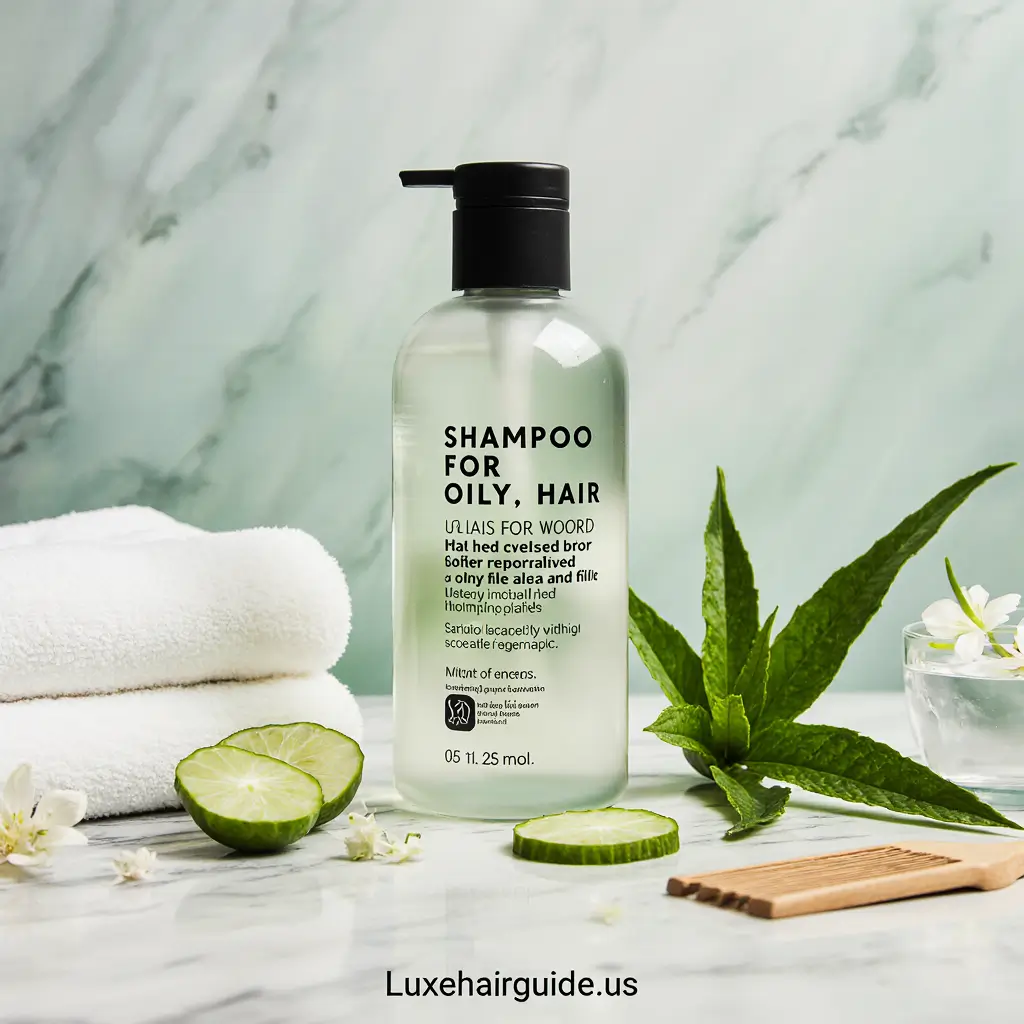
Top Ingredients to Look For (And Avoid)
Power Ingredients for Oily Hair Success
Niacinamide (Vitamin B3) regulates sebum production and reduces inflammation, making it excellent for oily, sensitive scalps. Witch hazel provides astringent properties that help control excess oil while soothing irritation. Peppermint oil stimulates circulation and provides a refreshing, clean feeling while helping control greasiness.
Clay minerals like bentonite or kaolin clay absorb excess oil and impurities without over-drying. Lemon extract naturally breaks down oil buildup and adds shine, while rosemary oil promotes healthy circulation and helps balance oil production.
Ingredients to Avoid
Steer clear of heavy conditioning agents like silicones (dimethicone, cyclomethicone) in your shampoo, as these can build up and make oily hair appear greasier. Avoid shampoos with excessive moisturizing oils like coconut oil or shea butter, which can overwhelm already oil-prone hair. Additionally, stay away from products containing parabens and artificial fragrances, which can irritate the scalp and potentially trigger increased oil production.
The Professional Washing Technique for Oily Hair
Proper washing technique is just as important as choosing the right shampoo. Start by thoroughly wetting your hair with warm (not hot) water, which helps open the hair cuticles for better cleaning. Apply a quarter-sized amount of shampoo to your palms, work it into a light lather, then focus primarily on your scalp and roots where oil production occurs.
Use gentle, circular motions with your fingertips (never your nails) to massage the shampoo into your scalp for at least 60 seconds. This massage stimulates circulation while ensuring thorough cleansing. Rinse completely with cool water, which helps seal the hair cuticles and adds shine.
For extremely oily hair, consider the double-cleanse method: use a small amount of shampoo for the first wash to break down oil and buildup, rinse, then apply shampoo again for a deeper clean. This technique can extend the time between washes.
Common Mistakes That Make Oily Hair Worse
Many people with oily hair unknowingly sabotage their efforts through common mistakes. Over-brushing distributes oil from roots to ends, making hair appear greasier overall. Using hot water strips natural oils, causing your scalp to overcompensate by producing more sebum.
Applying conditioner to your roots is another frequent error – focus conditioner only on the mid-lengths and ends of your hair. Using too much product, whether shampoo, styling products, or treatments, can weigh down oily hair and create buildup that worsens greasiness.
Perhaps the biggest mistake is washing hair too frequently. While it seems logical to wash oily hair daily, this can actually trigger increased oil production. Most people with oily hair benefit from washing every other day, allowing their scalp to find its natural balance.
Building Your Complete Oily Hair Care Routine
The best shampoo for oily hair is just one component of an effective hair care routine. Follow your shampoo with a lightweight, silicone-free conditioner applied only to the ends of your hair. Once weekly, incorporate a clarifying treatment or scalp scrub to remove deeper buildup.
Choose styling products specifically formulated for oily hair – look for volumizing mousses, lightweight serums, and oil-free styling creams. Dry shampoo becomes your best friend for extending time between washes and absorbing excess oil throughout the day.
Consider your hair accessories too. Clean your brushes regularly, wash pillowcases frequently, and avoid touching your hair throughout the day, as this transfers oils from your hands to your strands.
The Path to Healthier, More Manageable Hair
Finding the best shampoo for oily hair requires patience and often some trial and error. What works for your friend might not work for you, as individual hair chemistry varies significantly. Start with shampoos containing the ingredients mentioned above, and give each product at least two weeks to show results.
Remember that managing oily hair is about creating balance, not stripping away every trace of natural oil. With the right shampoo and proper technique, you can transform your relationship with your hair from frustration to confidence. Your perfect hair day is waiting – it just takes the right approach and the best shampoo for your unique oily hair needs.
Did you find this article helpful? be the first to rate us !
There are no reviews yet. Be the first one to write one.

